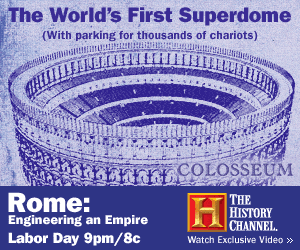For the danglers…
Un complément du nom mal rattaché et de toute façon pas très clair.
I mean those who collect dangling modifiers in published writing.
This is from Jonathan Freedland’s opinion piece in today’s Guardian:
Like a character in Shakespearean tragedy, race is America’s fatal flaw, the weakness which so often brings it low.
I’m not even sure this counts as a mere dangling modifier: the imagery is just too confused. Or, as my friend Steph, who I ran this by on IRC, put it, “race isn’t a character that is a fatal flaw in Shakespearean tragedy”. Or, for that matter, like one. #[1]
There’s of course a lot to be said about race relations in the US or elsewhere, now or throughout history. And, to his credit, Freedland does try, though nothing he says is I think particularly original. Still, would it be too much asked to tackle the task using clear metaphors, even if the language may end up being a little less exalted?
[1]: For the record, I think he means something like: race:America::a flawed character:(a?) Shakespearean tragedy. But that’s still confused. Shakespearean tragedies would be much less interesting if the characters weren’t flawed; typically, all of them are. They are not the weakness that brings the tragedy low, even though they may, collectively, and assisted by literary devices, fate and stuff like this, bring the final catastrophe about.
Related posts: Amuse-bouche to zaibatsu, Euphemism of the day: concertina wire, Today's interminable NPs , Avoiding the asterisks ... of avoidance, Etymologically incorrect, Minimalist Kitkat, More Scots
Technorati (tags): anglais, dangling modifier, English, language, langue


